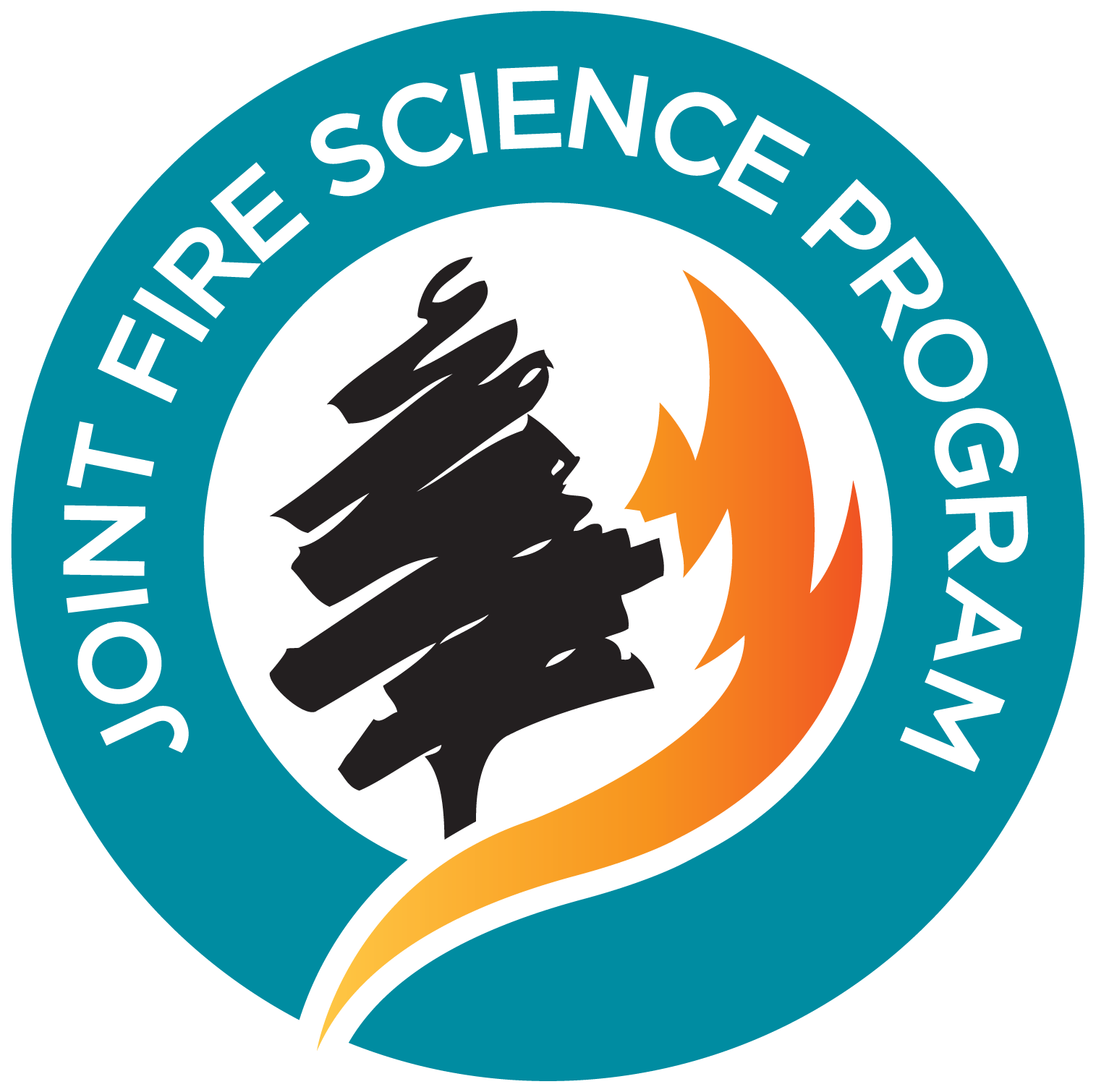United States Joint Fire Science Program

Joint Fire Science Program Synthesis Reports
Date of this Version
2-2014
Document Type
Article
Citation
Joint Fire Science Program Synthesis Reports, February 2014
General Technical Report, PSW-GTR-241
Abstract
Soils sustain our terrestrial ecosystems, help fuel plant growth, and govern key ecosystem services such as the storage and provision of clean water, degradation of toxic compounds, and regulation of atmospheric gases. Preserving the integrity of soil thus is an earnest responsibility of land stewardship in the United States. This report provides a synthesis of soil chemical, biological, and physical responses to various prescribed fire and mechanical thinning practices and offers practical considerations for use in fuel reduction planning. A wide range of current topics, identified in a nationwide survey of natural resource managers, is discussed in detail: (1) ecological consequences of prescribed fire on soil heating, water repellency, and soil nitrogen release; (2) whole tree harvesting and nutrient removal; (3) soil compaction; (4) masticated fuel beds; (5) pile burning; (6) cumulative effects of fire and thinning; (7) coarse woody debris; and (8) soil in a changing climate. We submit that with thoughtful planning and implementation, reducing fuels while proactively managing our soils can be complementary outcomes.
Included in
Forest Management Commons, Other Forestry and Forest Sciences Commons, Wood Science and Pulp, Paper Technology Commons


Comments
United States government work